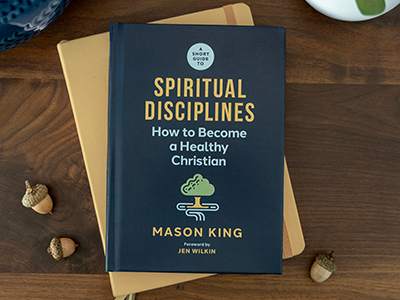
Helpful articles to enrich your Christian walk.
Sermons
Recent
Discover the MAWL process—Model, Ask/Assist, Watch, Leave—for apprenticing church leaders and building a strong pipeline for ministry growth.
- Lifeway Adults,
- Brian Gass
Learn six practical steps to create an ongoing teacher training plan that equips Bible study leaders, strengthens ministry, and fosters church growth.
Discover practical tips for creating a welcoming Bible study environment by improving physical space, fostering interactive learning, and building strong relational connections.
Discover hope and strength in life’s valleys through Psalm 121. Learn how lifting your eyes to the hills reminds you of God’s constant care, guidance, and unfailing love.
Discover how humility opens the door to spiritual growth and purpose through Isaiah’s vision of God’s holiness. Learn how dependence on the Lord transforms our worship and work.
Discover how prayer journaling can deepen your faith walk with three powerful prompts that help you reflect, surrender, and recognize God’s faithfulness in your life.
Former NFL coach and best-selling author, Tony Dungy, opens up about his experiences as a father, and shares vital wisdom for all dads.
Trending
- Olivia Thames















